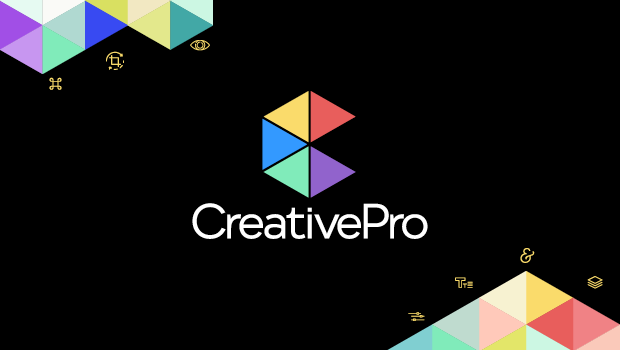New Features Guide for InDesign 2021
This comprehensive guide to InDesign new features includes the newest version of InDesign and links to other valuable resources.

James Wamser has updated his indispensable InDesign New Features Guide so it includes the October 2020 Release (aka InDesign 2021 or version 16.0).

The free interactive PDF offers 126 pages of details on InDesign features with bookmarks that you can use to jump to any version.

It also includes a clickable index of features, as well as a list of InDesign resources on the Web, which you can add to by using an email link to send James your favorites. Thanks again, James!
This article was last modified on October 26, 2020
This article was first published on October 22, 2020
Commenting is easier and faster when you're logged in!
Recommended for you

InDesign Magazine Issue 72: InDesign to Kindle
We’re happy to announce that InDesign Magazine Issue 72 (April, 2015) is now ava...

InDesign Magazine Issue 71: Fine Art
We’re happy to announce that InDesign Magazine Issue 71 (March, 2015) is now ava...

What’s New With InDesign CC 2015.2
Adobe has released updates to several important Creative Cloud applications, inc...




